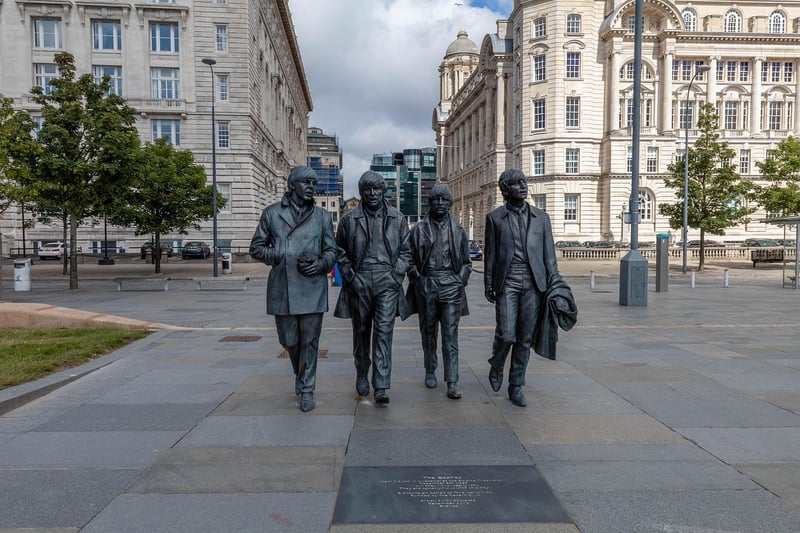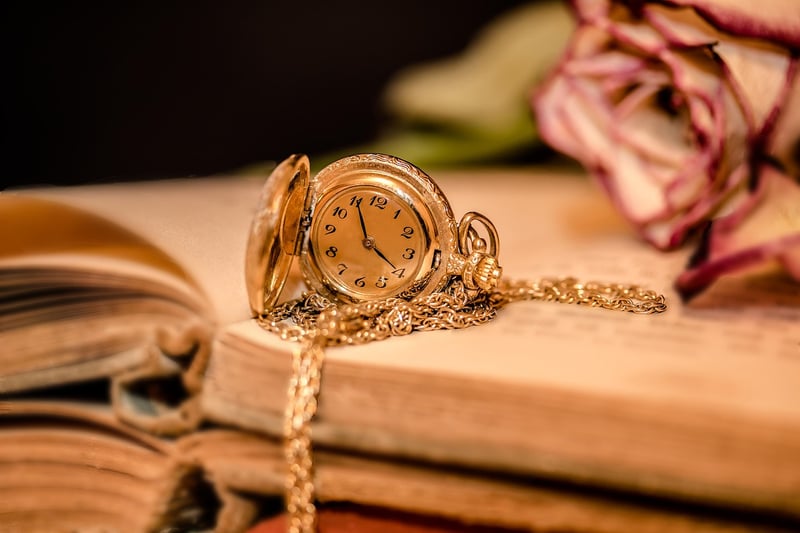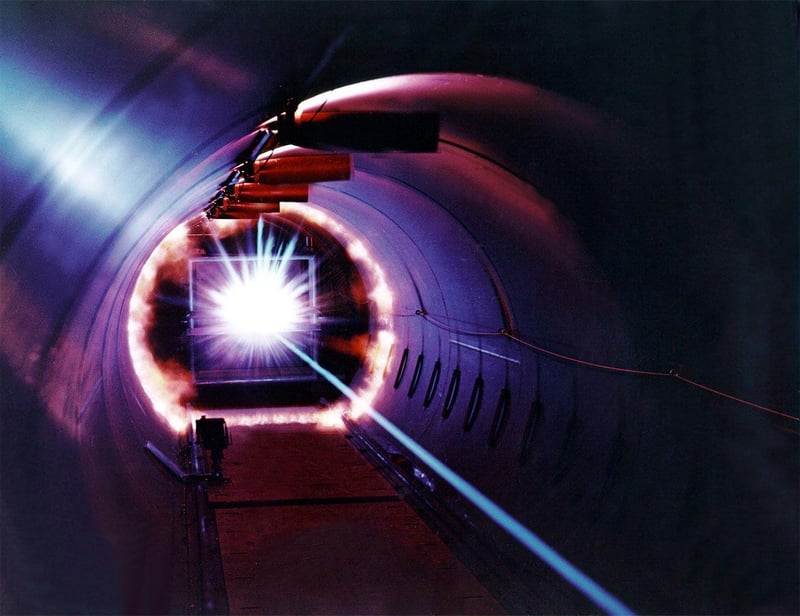Inventor Profiles
The World of Time Tech: Innovations and Inventor Profiles
Introduction to Time Technology
Time technology has always been a fascinating subject, from ancient sundials to modern atomic clocks. In today's fast-paced world, advancements in timekeeping have revolutionized various industries, including aerospace, telecommunications, and navigation.
Key Innovations in Time Technology
- Atomic Clocks: These highly accurate timepieces rely on the vibrations of atoms to measure time, with precision up to a billionth of a second.
- GPS Timekeeping: Global Positioning System (GPS) satellites provide precise time data used in various applications, such as navigation and synchronization.
- Quantum Clocks: Emerging quantum technologies promise even greater accuracy by harnessing quantum properties for timekeeping.
Inventor Profiles
1. John Harrison
 John Harrison, an English clockmaker, is known for developing the marine chronometer in the 18th century, revolutionizing navigation at sea.
John Harrison, an English clockmaker, is known for developing the marine chronometer in the 18th century, revolutionizing navigation at sea.
2. Louis Essen
 Louis Essen, a British physicist, invented the first atomic clock in 1955, paving the way for precise timekeeping standards.
Louis Essen, a British physicist, invented the first atomic clock in 1955, paving the way for precise timekeeping standards.
3. Jun Ye
 Jun Ye, a Chinese-American physicist, is renowned for his contributions to ultra-precise optical atomic clocks and quantum technologies.
Jun Ye, a Chinese-American physicist, is renowned for his contributions to ultra-precise optical atomic clocks and quantum technologies.
Conclusion
Time technology continues to evolve, with innovators pushing the boundaries of precision and accuracy. By learning about the inventors and their contributions to timekeeping, we gain a deeper appreciation for the importance of time in our modern world.
Explore more about time technology and its impact on society for a glimpse into the future of precision timekeeping.
